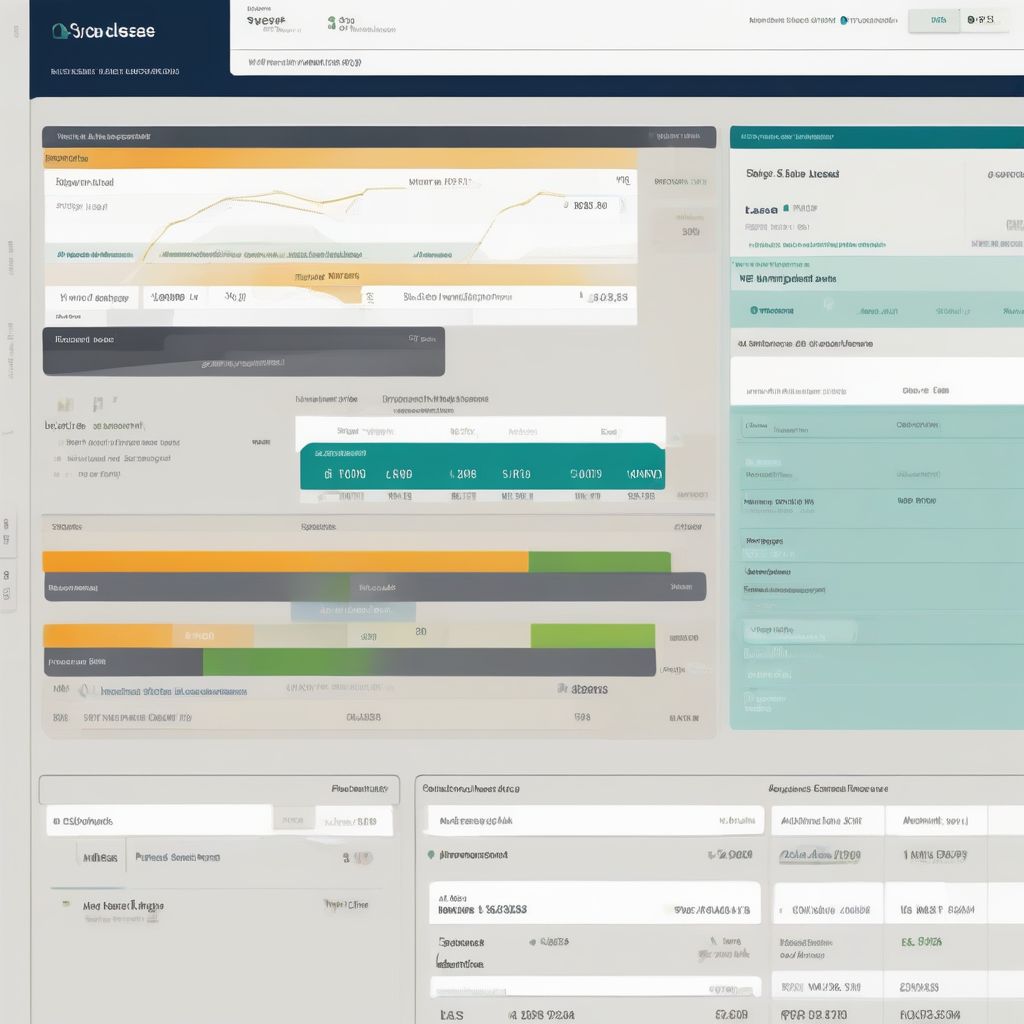In today’s dynamic business environment, efficient management of assets is paramount to success, and this is especially true for leased assets. Whether you’re a small business or a large corporation, effectively tracking and managing your leases can have a significant impact on your financial stability and operational efficiency. This is where Lease Management Software comes in.
Understanding Lease Management Software
Lease management software is a specialized tool designed to streamline and automate the entire lease lifecycle, from initiation and tracking to accounting and reporting. It provides businesses with a centralized platform to manage all types of leases, including real estate, equipment, and vehicles.
Why is Lease Management Software Important?
Managing leases manually can be time-consuming, error-prone, and can easily lead to missed deadlines, compliance issues, and financial losses. Lease management software helps mitigate these risks by:
- Centralizing Lease Data: Consolidates all lease information in one location, eliminating the need for spreadsheets and manual tracking.
- Automating Key Processes: Automates tasks such as payment reminders, lease renewals, and accounting entries, reducing errors and saving time.
- Ensuring Compliance: Helps businesses comply with accounting standards (like ASC 842 and IFRS 16) by providing accurate lease accounting data and reports.
- Improving Decision-Making: Offers valuable insights into lease portfolio performance, enabling better strategic decision-making.
chuyentiennhanh.org/wp-content/uploads/2024/08/lease-management-dashboard-66b6eb.jpg" alt="Lease Management Dashboard" width="1024" height="1024">Lease Management Dashboard
Key Features of Lease Management Software
Not all lease management software solutions are created equal. When choosing a solution, consider the following key features:
- Lease Accounting: The software should automate lease accounting calculations, generate journal entries, and provide audit trails for compliance.
- Lease Tracking and Management: Look for features such as lease abstracting, lease classification, critical date tracking, and automated reminders.
- Reporting and Analytics: The ability to generate custom reports on lease portfolio performance, financial metrics, and compliance is essential.
- Integration Capabilities: Seamless integration with existing accounting, ERP, or property management systems is crucial for data flow and efficiency.
- Scalability and Flexibility: The software should be able to accommodate your business’s growth and changing needs.
Choosing the Right Lease Management Software
Selecting the right lease management software is a critical decision. Here are some factors to consider:
- Business Needs: Identify your specific requirements based on the types of leases you manage, the size of your lease portfolio, and your budget.
- Ease of Use: The software should be intuitive and user-friendly for all stakeholders.
- Vendor Reputation and Support: Choose a reputable vendor with a proven track record of providing reliable software and excellent customer support.
Conclusion
Lease management software has become an indispensable tool for businesses of all sizes. By automating and streamlining lease management processes, these solutions help organizations save time, reduce costs, mitigate risks, and improve overall financial and operational performance. When choosing a lease management software solution, carefully consider your specific needs and conduct thorough research to select a vendor that aligns with your business goals.
Investing in the right lease management software is an investment in the long-term success and sustainability of your business.

